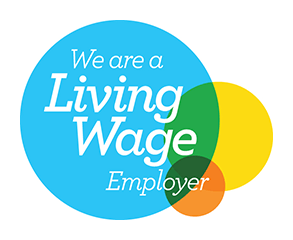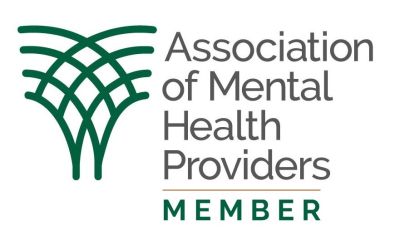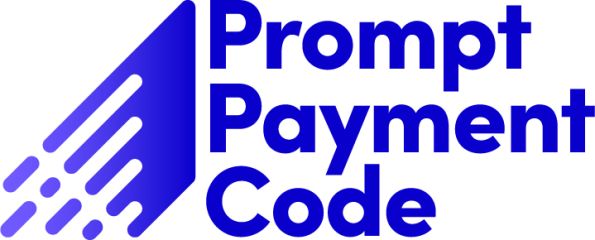What is Advocacy
Advocacy is taking action to help people say what they want, uphold their rights, represent their needs and wishes and support them to access the services they need. Advocates and advocacy providers work alongside the people they support and work independently of all other services. Advocacy promotes social inclusion, equality and social justice.
What we do
Our Hub model provides a free, independent, and confidential single point of contact for adults who may be experiencing difficulties in having their voice heard when accessing and or dealing with adult health and social care services. All our Hubs provide immediate access to information and support tailored to individual service user needs.
n-compass hold the National Advocacy Quality Performance Mark which ensures our services are of a high quality and delivered in line with national best practice. To find out more about the code of practice and quality performance mark visit: qualityadvocacy.org.uk.
Types of advocacy
The types of advocacy available are developing all the time with more and more people having a statutory right to independent advocacy support today than ever before. Discover more about the different types of advocacy we offer
An Independent Mental Health Advocate (IMHA) is an independent advocate who is specially trained to work within the framework of the Mental Health Act to support people to understand their rights under the Act and participate in decisions about their care and treatment. Access to an IMHA is a statutory right for people detained under most sections of the Mental Health Act, subject to Guardianship or on a community treatment order (CTO).
The Care Act helps to improve people's independence and wellbeing. It makes clear that local authorities must provide or arrange services that help prevent people developing needs for care and support or delay people deteriorating. Local authorities are also responsible for assessing and meeting the social care needs of adult prisoners. Local authorities must involve people in decisions made about them and their care and support. If it appears to the authority that a person has care and support needs, then a judgement must be made as to whether that person has substantial difficulty in being involved and if there is not an appropriate individual to support them then an Independent Care Act Advocate must be appointed to support and represent the person.
IMCA stands for Independent Mental Capacity Advocate. IMCA is a type of statutory advocacy introduced by the Mental Capacity Act 2005. The Act gives some people who lack capacity a right to receive support from an IMCA. Responsible bodies, the NHS and Local Authorities all have a duty to make sure that IMCAs are available to represent people who lack capacity to make specific decisions around serious medical treatment, change in accommodation, safeguarding processes and care reviews and who have nobody unpaid to support or represent them.
When a person lacks mental capacity to make some decisions for themselves about treatment and care they may be at risk if that treatment or care is not provided. It is sometimes in their best interests to deprive them of their liberty. A process under the Mental Capacity Act (MCA) may lead to a Deprivation of Liberty Safeguards (DoLS). This is to prevent them from coming to harm. There are several different IMCA roles involved in supporting and representing people who may be subject to the Deprivation of Liberty Safeguards. These are set out in Section 39 of the amended Mental Capacity Act 2005 (MCA) and they are instructed for different reasons and have different rights and responsibilities. An IMCA may also be someone who will protect that person’s interests throughout the process by being their Relevant Persons Representative (RPR) if they have no one else who can do this.
The Deprivation of Liberty Safeguards are processes that care providers and local authorities must follow if a cared for person will be deprived of their liberty in a care home or hospital. A change in the law in 2014 means that local authorities may need to apply to the Court of Protection on behalf of an adult who lives in community settings, whose care package is deemed to be a deprivation of liberty and who lacks the capacity to consent to these care & support arrangements. Within the application, the local authority will aim to identify a close relative or friend to be involved in the Court process as a Rule 1.2 Representative. A Rule 1.2 Representative is the name given by the court to a person who is willing and able to provide information on the person’s past and present wishes and feelings, oversee a person’s care and support needs and tell the court of any changes to the person’s health or needs. If there is no one able then an IMCA may be a Rule 1.2 Representative.
Generic advocacy is available to adults experiencing difficulties in accessing or dealing with Health and Social Care services. The aim of this type of advocacy is twofold:
- Prevent issues escalating in supporting the individual to access the services the individual is entitled to.
- Empower individuals to develop their self- advocacy skills leading to them feeling more confident to speak up for themselves when issues arise in the future.
NHS and Social Care Complaints Advocacy provides individuals with information and practical support for those wishing to make a complaint about an NHS or Social Care service.
Our Approach
At n-compass we work side by side with service users to empower them to get the support and skills they need to make positive changes in their lives. All our staff are trained and experienced in all forms of advocacy and we place service users at the centre of their work enabling them to identify a way forward.
We are constantly listening to our service users to find new ways of improving the services we offer.
Our Impact
2501self help packs downloaded in 2023-24
5656referrals processed by the Advocacy Duty Hub 2023-24
Where we Work
Visit our Hub pages below to find out more about the advocacy we provide in different areas. Or if you are a health or social care professional wanting to know more about the support we provide or how to refer someone please click on the relevant area to make contact with your local Hub.
Visit the area you require below.


























